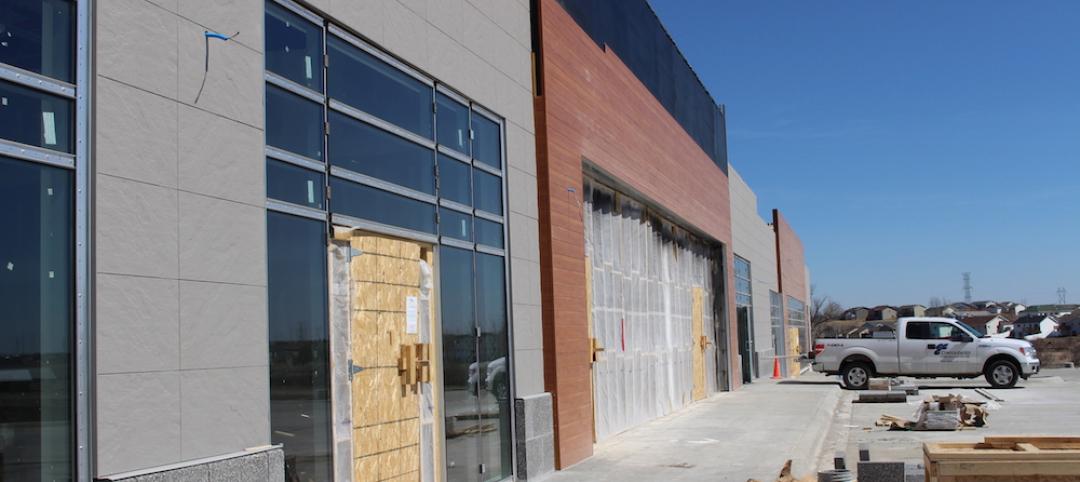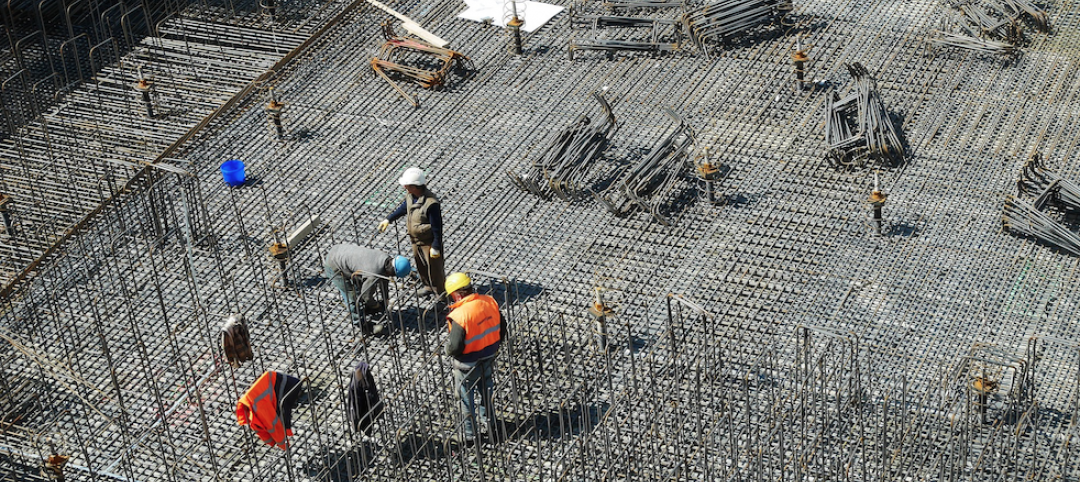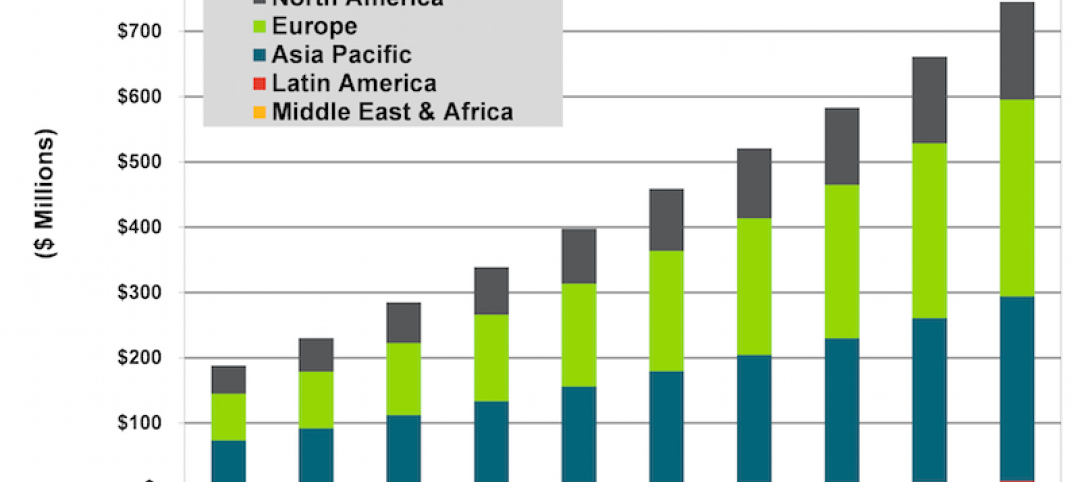The American Institute of Architects (AIA) is releasing strategies and illustrations today that can help senior living communities mitigate risk of COVID-19.
These resources were developed by a team of architects, AIA’s Design for Aging knowledge community, public health experts, and engineers, to assist with pivoting communities toward a more sustainable set of strategies that can reduce risk for residents and staff while creating a more comfortable way of life that is supportive of overall wellbeing.
In addition to the 3D model—produced by RLPS Architects—the team’s findings are detailed in a report for administrators, design professionals, and public officials. These strategies are meant to work in tandem with AIA’s other tools that can assist senior living communities with mitigation measures to safely resume activities and reopen closed spaces. These tools include a seven-step Risk Management Plan for Buildings for assessing hazards and applying strategies that reduce risk and the AIA’s Re-occupancy Assessment Tool, which provides a framework of strategies for making buildings safer.
Developing mitigation strategies is particularly critical for senior living communities, where risk is amplified. The primary risk of transmission is currently considered to be close personal contact, which could occur among residents, staff, and visitors predominantly in gathering areas, such as dining rooms or common areas, and during group activities. Visit AIA’s website to access the full report.
Resources were developed from a wide range of expertise and research using a virtual charrette workshop—a method used to study specific issues in a limited time frame using an intense brainstorming session.
As part of the sessions, a group of public, environmental, and occupational health experts and physicians provided an independently developed 90-minute briefing on SARS-CoV-2 infectious disease transmission, epidemiological models, and insights into the most current research of the virus as of May.
For more detailed information on public health hazards and considerations in senior living communities, see AIA’s COVID-19 emerging research and public health data.
Visit AIA’s website for more COVID-19 resources for architects.
Related Stories
Market Data | Jun 14, 2016
Transwestern: Market fundamentals and global stimulus driving economic growth
A new report from commercial real estate firm Transwestern indicates steady progress for the U.S. economy. Consistent job gains, wage growth, and consumer spending have offset declining corporate profits, and global stimulus plans appear to be effective.
Market Data | Jun 7, 2016
Global construction disputes took longer to resolve in 2015
The good news: the length and value of disputes in the U.S. fell last year, according to latest Arcadis report.
Market Data | Jun 3, 2016
JLL report: Retail renovation drives construction growth in 2016
Retail construction projects were up nearly 25% year-over-year, and the industrial and office construction sectors fared well, too. Economic uncertainty looms over everything, however.
Market Data | Jun 2, 2016
ABC: Nonresidential construction spending down in April
Lower building material prices, a sluggish U.S. economy, and hesitation among private developers all factor into the 2.1% drop.
Market Data | May 20, 2016
Report: Urban area population growth slows
Older Millennials are looking to buy homes and move away to more affordable suburbs and exurbs.
Market Data | May 17, 2016
Modest growth for AIA’s Architecture Billings Index in April
The American Institute of Architects reported the April ABI score was 50.6, down from the mark of 51.9 in the previous month. This score still reflects an increase in design services.
Market Data | Apr 29, 2016
ABC: Quarterly GDP growth slowest in two years
Bureau of Economic Analysis data indicates that the U.S. output is barely growing and that nonresidential investment is down.
Market Data | Apr 20, 2016
AIA: Architecture Billings Index ends first quarter on upswing
The multi-family residential sector fared the best. The Midwest was the only U.S. region that didn't see an increase in billings.
Building Technology | Apr 11, 2016
A nascent commercial wireless sensor market is poised to ascend in the next decade
Europe and Asia will propel that growth, according to a new report from Navigant.
Industry Research | Apr 7, 2016
CBRE provides latest insight into healthcare real estate investors’ strategies
Survey respondents are targeting smaller acquisitions, at a time when market cap rates are narrowing for different product types.

















